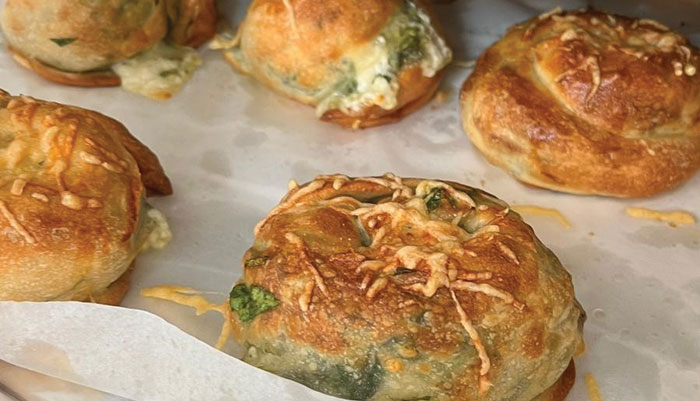
To say that being in Israel for Yom Ha’Zikaron and Yom Ha’atzmaut was incredibly emotional would be an understatement. Neil and I were there as part of the Sephardic Educational Center mission “Giving Israel A Big Hug.”
For three days, we toured the Nova site with all the photos of the beautiful young murdered people and the ruined kibbutzim in the South. We spent Shabbat with the family of murdered hostage Yair Yaakov — his partner Meirav Tal and his two children who were rescued from Gaza. We saw and felt the devastation. We were witness to the atrocities of Oct. 7. We will never forget.
I had the privilege of hosting a boyos demonstration for our incredibly diverse mission group, made up of Jews from so many different backgrounds–Persian, Polish, Russian, Moroccan, Iraqi, Syrian and more.
The next day was a day to focus on the rich Sephardic history of the Old City. To start the day, I had the privilege of hosting a boyos demonstration for our incredibly diverse mission group, made up of Jews from so many different backgrounds — Persian, Polish, Russian, Moroccan, Iraqi, Syrian and more. The ages ranged from early 20s to early 70s, the only thing uniting us, our Jewishness and our desire to show our solidarity with Israel.
If you are an avid reader of our column, you know that boyos (sometimes called bulemas) are an incredibly delicious spinach and cheese pastry that originated with the Sephardic Jews of the Ottoman Empire.
I started by showing everyone how to make the dough, letting them feel it, so they could sense the consistency. Then I showed them how to make the super easy grated cheese and spinach filling.

Earlier that morning, the SEC kitchen staff helped me prepare a huge amount of dough. It was amazing to see everyone laughing and relaxed, spreading the dough into thin circles and filling it with the flavorful filling. Many of them had never heard of boyos, let alone made them. But they were off and running, making boyos to their hearts content.
After the boyos were baked, we all gathered in the beautiful Spanish courtyard of the Sephardic House Hotel, the SEC Campus in the Old City and enjoyed the flaky, cheesy, yummy fruits of our labor. (Chef John loved the recipe so much, he took it on and started adding boyos every day to the Israeli breakfast buffet for the rest of the hotel guests enjoyment!)
Next on the agenda was a tour of the Jewish Quarter, starting with the historic Four Sephardic Synagogues, which sit adjacent to the Center. These synagogues date back to the early 1600s and were built to accommodate the different prayer rites of each group.
Then we visited the Ramban Synagogue, founded by the Spanish scholar and rabbi Nachmanides in 1267, to help rebuild the local Jewish community. Destroyed by the Jordanians in 1948, it was rebuilt and reconsecrated after the 1967 War.
We visited the Old Yishuv Court Museum, which tells the story of the 500 year Yishuv (Jewish Settlement) through displays of everyday items (Hanukkah menorahs, prayer books, amulets, streimels and more) that belonged to the Jews who lived within the Old City walls.
Later that day, in the Spanish Courtyard again, there was an inaugural unveiling of the first phase of the SEC Sephardic Museum. When completed, the museum will tell the history of the Sephardic community of the Jewish Quarter, beginning in the 1800s until 1948, when it fell into the hands of the Jordanian Legion. This was the period when the common language in Jerusalem was Ladino, Judeo-Spanish.
In attendance for this momentous event were VIPs who have been involved with the Center for many years: SEC Israel Board Member Moshe Nissim, who served in the Israeli government as minister of Justice and Trade, as well as deputy Prime Minister; Moshe Basson, celebrity chef and owner of Jerusalem’s iconic Eucalyptus Restaurant, which features biblical cuisine; and Shlomi Amsalem, official photographer for the foreign ministry of Israel and longtime friend of the SEC.
We hope that visitors to the museum will learn the mostly unknown story of the Ladino Jews, who held on to their Spanish language and culture dating back to the time of the golden age in Spain. Hopefully, this will also create deep diplomatic ties and connection with Spanish speaking tourists, both Jew and Gentile.
This trip will forever be imprinted in my mind. A special experience that I will always carry with me.
Am Israel Chai!
—Rachel
SPINACH BOYOS
Filling
2 1/2 lbs. spinach, finely chopped
1 cup crumbled feta cheese
1/2 cup finely grated Romano or parmesan cheese
3 tablespoons flour
Combine all the ingredients.
DOUGH
1 cup warm water
1 tsp yeast
1 tsp sugar
1 Tbsp vegetable or avocado oil
1 tsp salt
3-4 cups all-purpose flour
1 egg, beaten, for egg wash
Preheat oven to 400°F.
In a large bowl, combine the water, yeast and sugar and let proof for 10 minutes.
Combine the oil with the salt and add to the yeast mixture.
Using a standing mixer with a dough hook or by hand, start incorporating the flour, one cup at a time. Dough should come together and be just a bit sticky.
Pour oil into a baking sheet until it reaches half way up the sides.
Roll the dough into golf ball-sized pieces, then place on the baking sheet and leave covered with towel for an hour.
Using a small rolling pin, roll out the dough as thinly as possible, then sprinkle with Parmesan cheese.
Add a little of the filling and roll the dough like a jelly roll.
Coil the roll into a snail and place on a baking sheet. Repeat to make all the boyos.
Brush with egg wash and sprinkle with grated cheese.
Place in the oven and bake until the boyos are a golden brown, about 15 minutes.
Note: Triple the recipe and freeze in tightly sealed containers.
Sharon Gomperts and Rachel Emquies Sheff have been friends since high school. The Sephardic Spice Girls project has grown from their collaboration on events for the Sephardic Educational Center in Jerusalem. Follow them on Instagram @sephardicspicegirls and on Facebook at Sephardic Spice SEC Food. Website sephardicspicegirls.com/full-recipes.
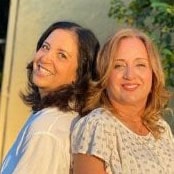






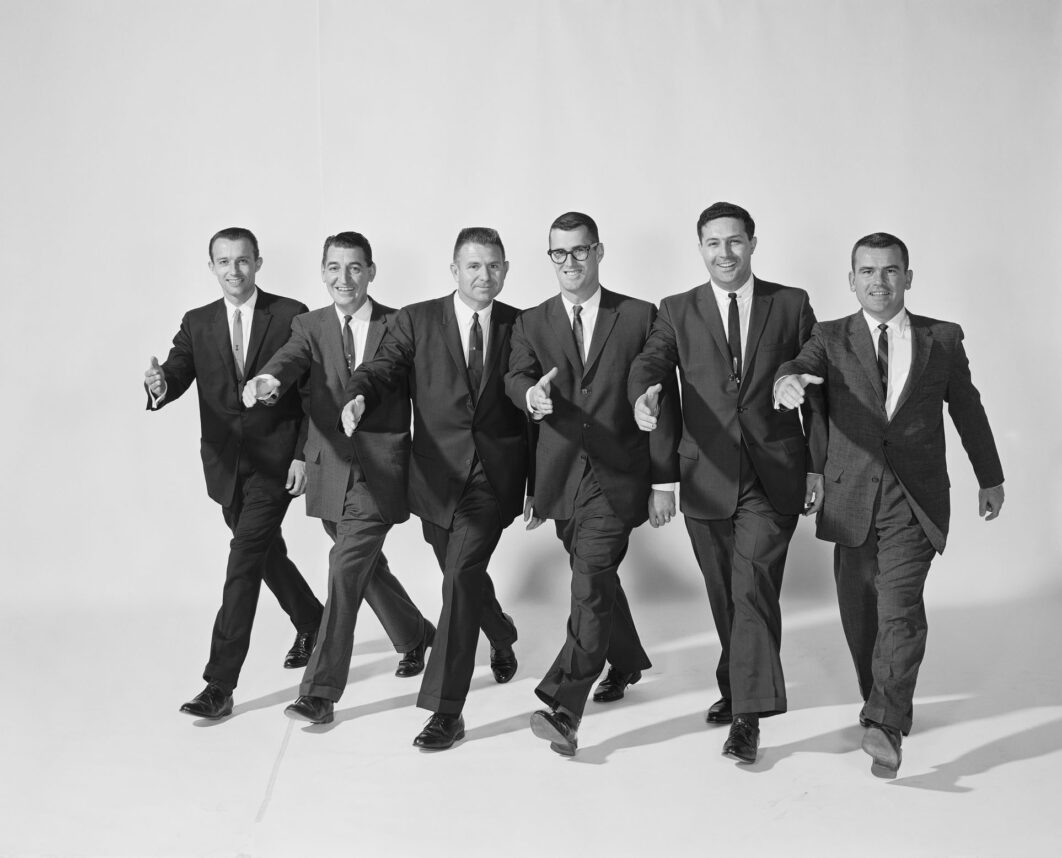

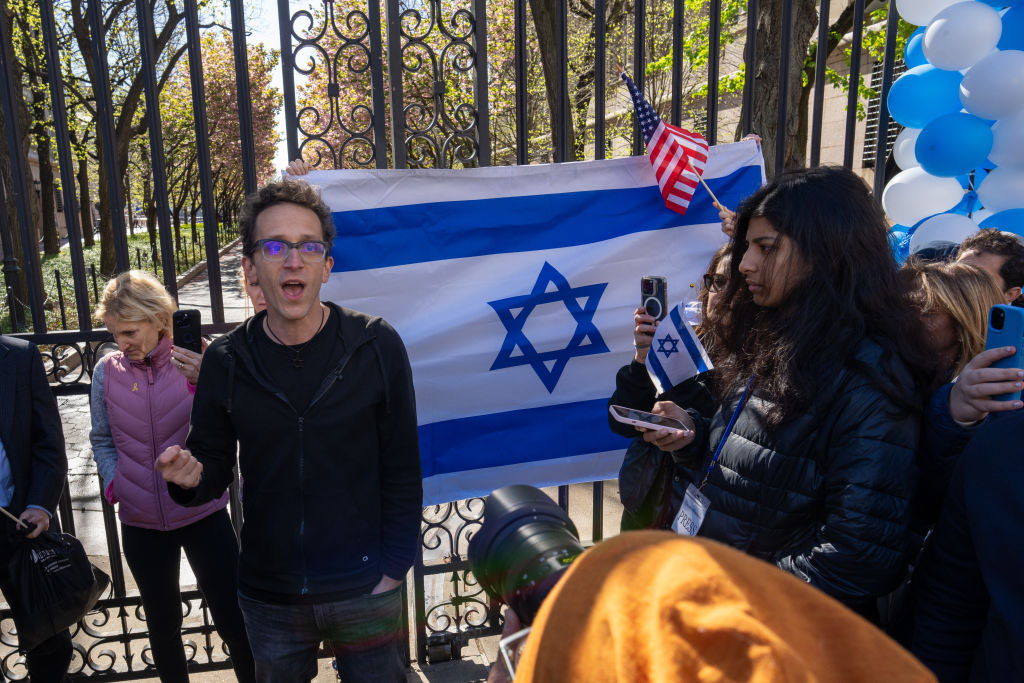

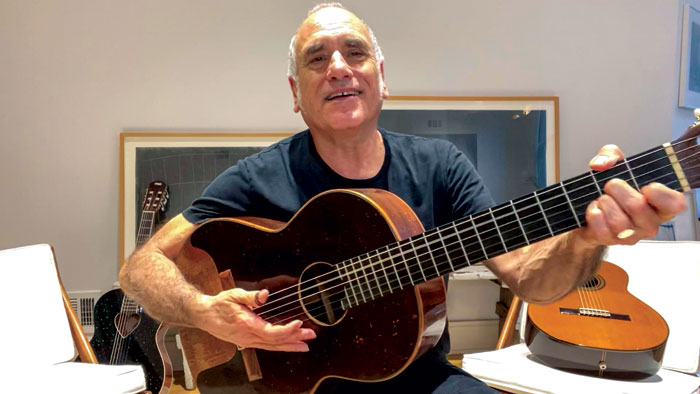

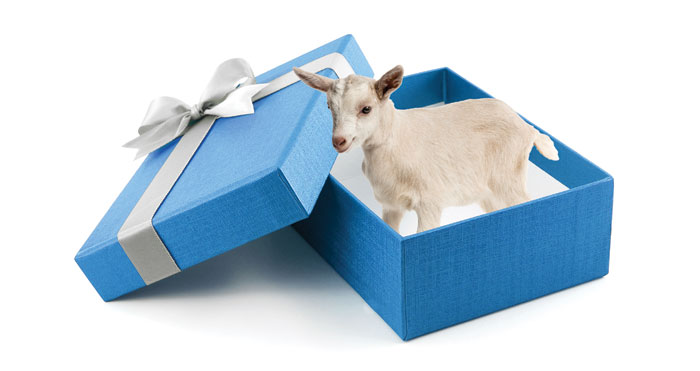

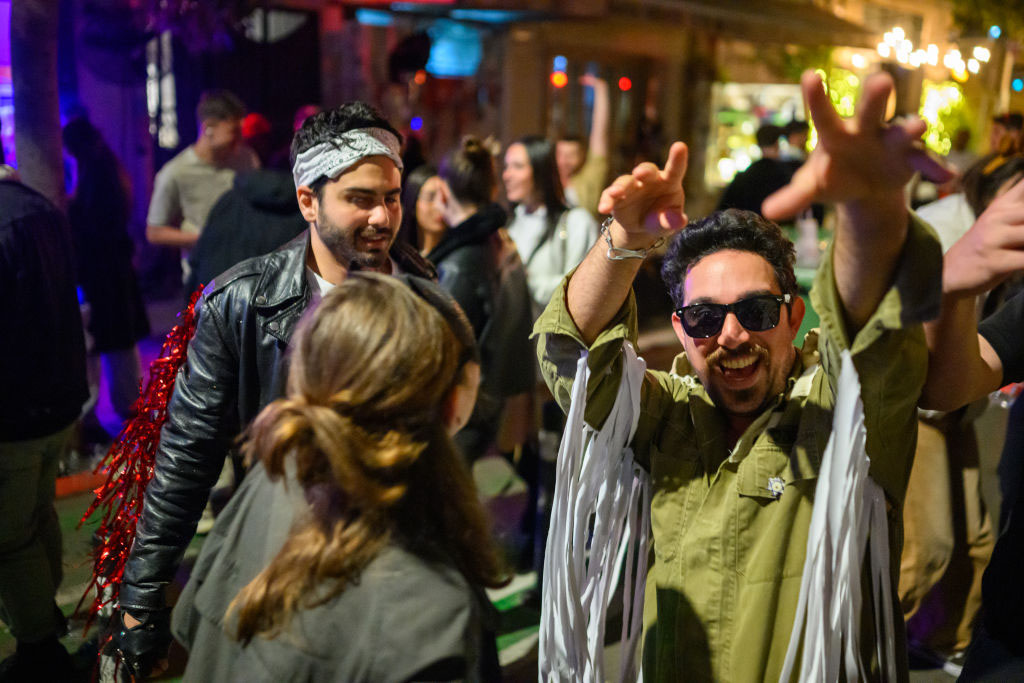
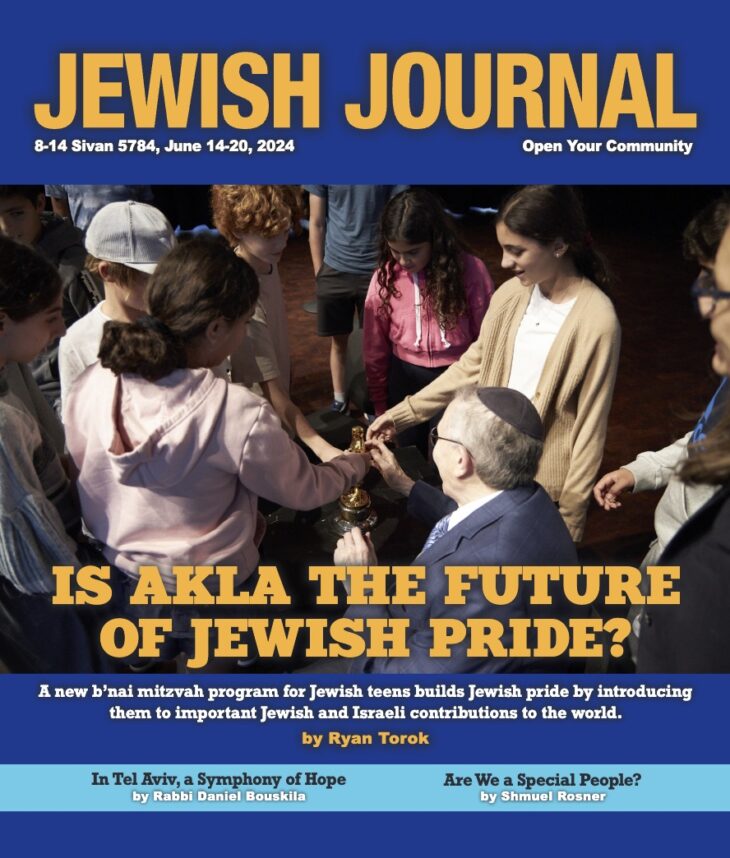



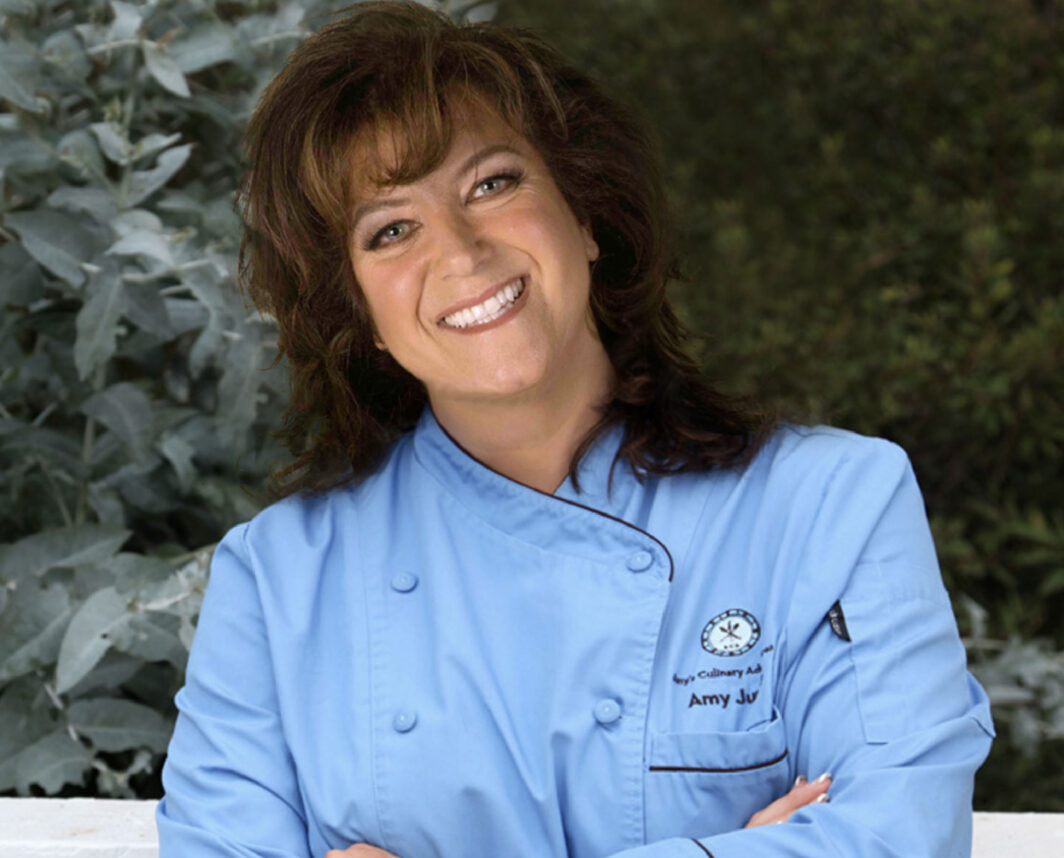
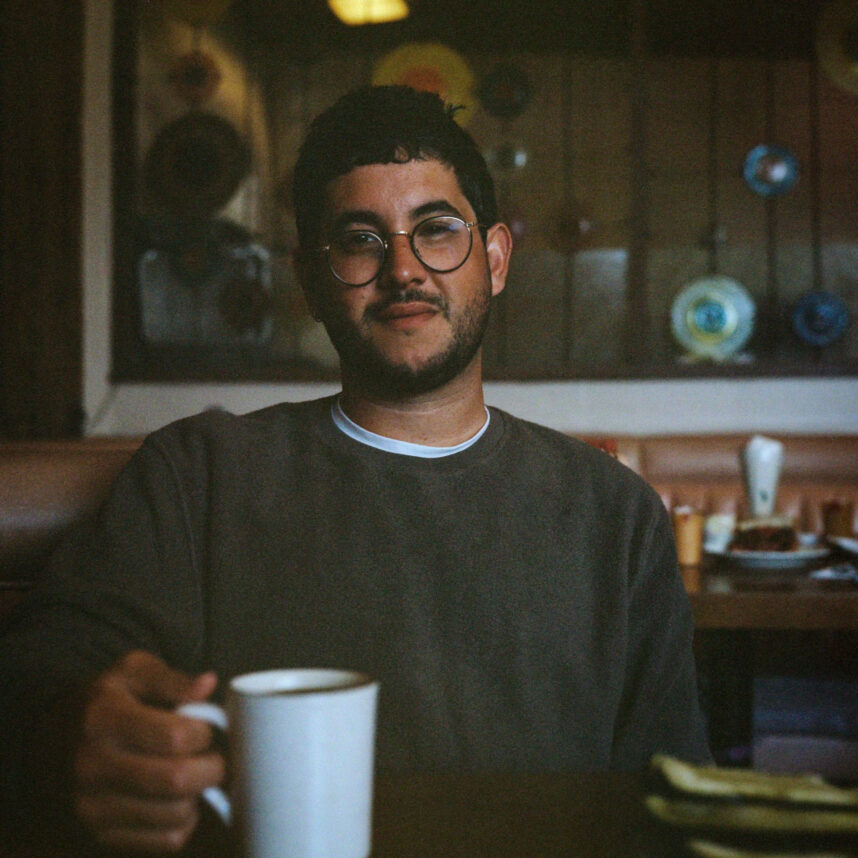
 More news and opinions than at a Shabbat dinner, right in your inbox.
More news and opinions than at a Shabbat dinner, right in your inbox.